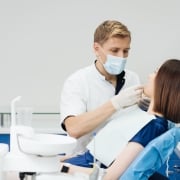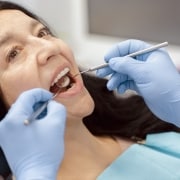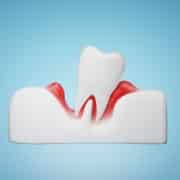Is a Pacifier Bad For My Child’s Teeth?
Pacifiers can be great tools for parents who want to soothe their babies. If you’re a parent with a baby who uses a pacifier, you may have heard that pacifier use can be bad for your baby’s teeth. Prolonged use of pacifiers has been shown to increase the risk of certain conditions such as malocclusion (a condition that affects how the jaws line up when closed).
Pacifiers can be used safely, but it’s important to follow certain guidelines. If you have questions about your baby’s teeth, talking to your child’s dentist in Beaver Dam and Owensboro, KY, can help you get the answers you need. In this article, we’ll explore pacifier use and give you some advice to help you decide what is best for your child.
Pacifiers and Teeth
Pacifiers are generally considered safe until your baby reaches a certain age. Organizations and medical professionals may recommend different ages to stop using a pacifier. The American Academy of Pediatric Dentistry advises pacifier use to stop after your child turns three years old.
Tips for Using a Pacifier
Smart use of a pacifier can help protect your child’s teeth.
- Never dip the pacifier into something sweet.
- Do not share the pacifier between children – this can spread bacteria that are bad for their teeth and gums.
- Check the age range for the pacifier you’re purchasing. Use a pacifier that is the right size for your child’s age.
Have Questions About Pediatric Dental Care? Call Today
If you have questions about pediatric dental care, we have answers. Start taking your child to the dentist by the time they turn one. To make your child’s appointment with the dentist in Beaver Dam and Owensboro, KY, call today.










